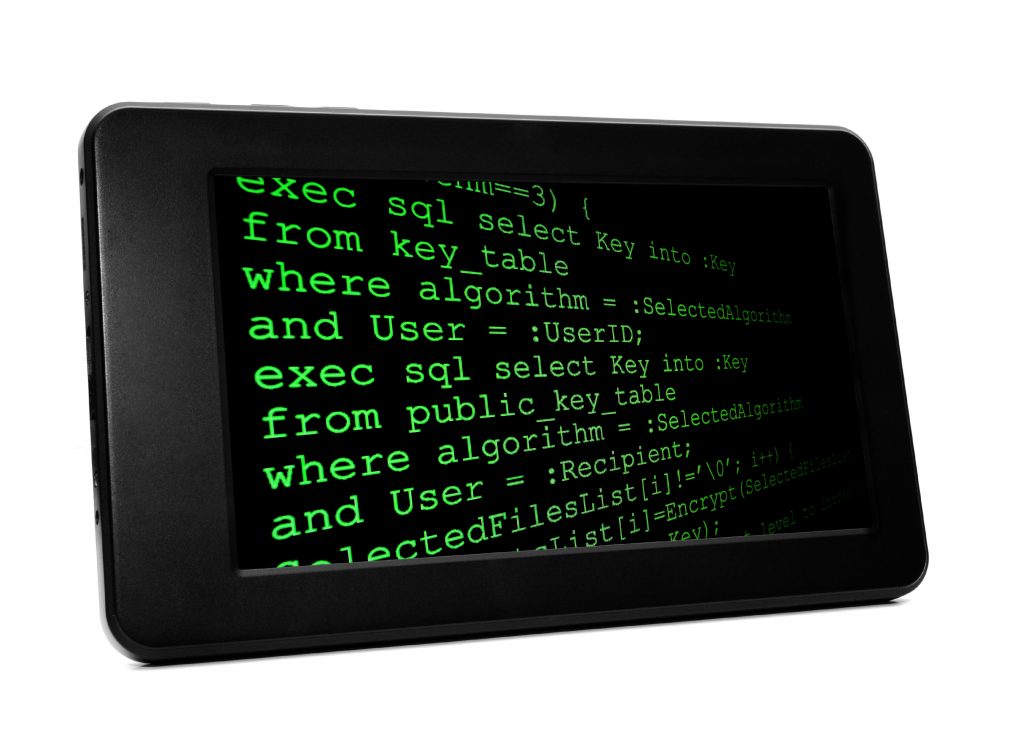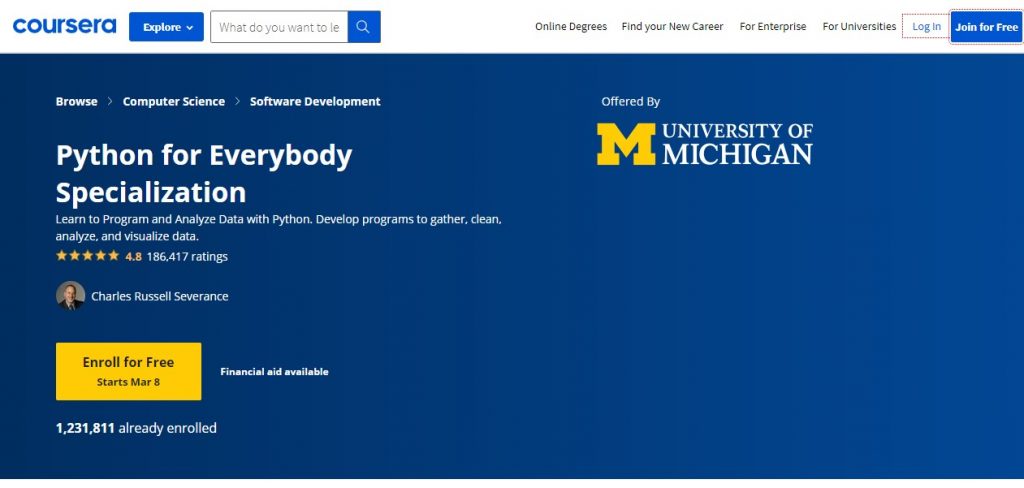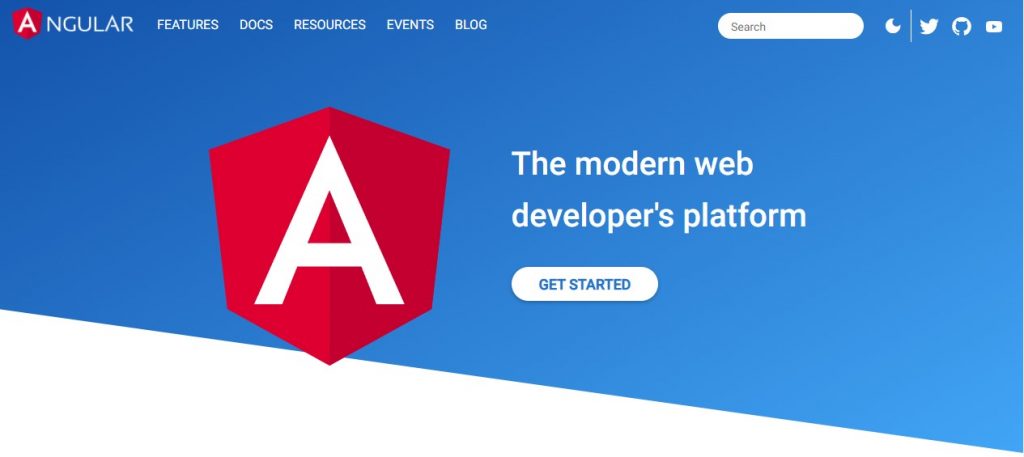So you’ve decided to learn a programming language. That’s great! But where do you start? This quick guide will give you an overview of what to learn first, and how to go about learning it. We’ll also provide some resources to help get you started. learning a programming language can seem daunting at first, but with the right tools and guidance, you can be on your way to becoming a coding master in no time!
So You Want To Learn A Programming Language
Learning a programming language can be a very rewarding endeavor. It can give you a new perspective on the world and how it works. It can also be a lot of fun.
But learning a language is not easy. It takes time and effort to learn even the basics of most programming languages. And if you want to become proficient in a language, that takes even more time and effort.
It’s like learning a foreign language, you need to spend a lot of time in it to learn it.
And it’s not just learning how to write code and boom, you’re hired at Google.

What Is the Best Way To Study A Programming Language?
By doing.
You can spend all the time you want in a book, trying to perfectly understand a language, but the key to learning programming is the doing that will cement everything in your brain.
Practice makes perfect: the more you use a programming language, the better you’ll become at it. So find a project or two that you can work on in your spare time to improve your skills. And don’t be afraid to ask for help from others who know the language better than you do – they’ll be happy to help!
What Resources Should You Use When Learning a Programming Language?

In order to learn a programming language, you will need some resources. There are many different types of resources that you can use, and it is important to find the ones that work best for you.
When it comes to resources for learning a programming language, you have a lot of options. You can find books on almost any programming language, and there are online courses and youtube videos that can also be helpful.
- Books: There are many books on almost any programming language. If you’re someone who likes to read, this might be the best option for you.
- Online Boot Camps: Online boot camps are a great way to learn a programming language. They provide all the resources you need, and you can access them from anywhere in the world.
- Online Programming Course: These can be interactive and often include quizzes and assignments. This might be a good option for those who prefer a more hands-on approach to learning.
- Youtube videos: These can be helpful in learning the basics of a programming language. They are often shorter than online courses, making them easier to fit into a busy schedule.
One important thing to keep in mind is that different people learn differently. So it’s important to find resources that work best for you. If you’re someone who likes to read material on your own, then books might be the best option for you. If you’re someone who prefers interactive learning, then online courses or youtube videos might be better.
Regardless of which resources you choose, make sure that you practice what you learn as much as possible. The more practice you get, the better you’ll become at programming.
What Resources Do I Need To Start learning a Programming Language?
You need:
- The best laptop for programming or the best computer for programming you can afford.
- Compiler
- Integrated Development Environment (IDE) or a simple text editor (Python IDE, C++ IDE)
- The programming language you want to learn. (Python, C++)
- Some ways of learning the language, such as books, online resources, or videos.
How Long Does It Take To Learn Programming?
It depends on the language and your level of expertise.
For a beginner, it could take a few months to learn the basics of a new programming language and to get the language instilled into you.
Instead of using time, I would say, it will take you 3-4 software projects in order to really learn the basics of a language. Once you have a basic understanding of the language, it will take time to become proficient – usually years and many more projects. But with dedication and practice, anyone can become a skilled programmer.
For someone who already knows another (or many) programming languages, it will likely take less time. There’s a compounding effect with programming languages, the more you know the less time it takes to learn the next one.
- It’s important to keep in mind that learning a new programming language is just one part of the equation. You also need to know how to use that language in order to create useful programs. So if you’re looking to learn a new programming language, be sure to find resources that will help you put that knowledge into practice.
Learn the Language First, Frameworks Second

Instead of diving into and learning the language and the framework at the same time, take a step back and learn the language first.
For example, don’t start learning Javascript by building an Angular app.
Pick a language you want to learn, and start coding. Once you have that foundation, you can start learning frameworks and using them in your projects.
You’ll be surprised at how much easier it will be to pick up a new framework once you already know the language.
This is especially important if you’re trying to learn a new language. It can be tempting to try and learn everything at once, but that’s usually not the most effective way to learn.
Instead, focus on learning the language first, and then start picking up frameworks. You’ll be able to build better projects, and you’ll understand the language and the framework better.
So take your time, and learn one thing at a time. It’ll pay off in the long run.
Learn Programming Fundamentals
Basic programming is just the first step of your programming journey. Pick up some knowledge about basic data structures, conditional statements, algorithms.
Learn Advanced Programming Concepts
Once you have the basic concepts of a new programming language and have written code to complete a project or two, then you need to move on to the next stage of the learning process, which is familiarizing yourself with more advanced concepts.
Data structures, data types, computer science theory,
Learn Advanced Applications Of Programming
This is the stage where you start to specialize, web applications, mobile apps, data science, natural language processing, object-oriented programming, functional programming, and more.
Data science is one of the most in-demand specialties in programming. If you’re interested in learning data science, there are a few resources that I would recommend.
Wrapping Up
The steps in learning a new programming language can seem daunting at first, but they are necessary to master the fundamentals of how computers work. With this blog post, you’ve been provided with all the resources that you need to get started learning any language today! Whether you want to start from scratch or refresh your current knowledge base on coding, the learning process is always ongoing in your coding journey. The most important part is to keep at it and happy coding!
FAQ
Can I Teach Myself A New Programming Language?
Yes. I have worked with many a self-taught programmer. While formal education can be a great way to learn programming, it is not the only way.
How Do I Know If I’m Ready To Learn A New Programming Language?
You’re ready when you feel motivated and excited about learning a new language. This usually happens when you’ve found a project or problem that you want to solve using code.
What Programming Language Should I Learn First?
That depends on what you want to use it for. If you’re interested in learning a language for general usage, then start with Python or Ruby. They are both easy to learn and very versatile.
If you’re interested in web development, then learning Javascript is a must. It’s the most popular language for front-end development, and it’s used on the back-end as well.
If you’re interested in learning a language for app development, then learning Objective C or Swift is a good idea. They are the most popular languages for developing iOS apps.
Your first language should be one you are passionate about but isn’t too hard to learn. Most modern languages are completely suitable.
How Can I Get Better At Coding?
The best way to get better at coding is to practice. Write your basic programs and then move on. Maybe do some coding challenges. Coding challenges (Edabit) can provide you with the practice to write small programs. Choose projects that challenge your current level but aren’t so challenging they frustrate you.
You can also look for online forums or communities where you can ask questions and get help from other programmers.
Study what more experienced programmers have pointed out is more efficient code. Open up and study the source code of open-source projects. Try to understand the developer’s thought process, try to see if there might have been different approaches they could have taken. What other algorithms might have the developer used?
Read programming tutorials and blogs to learn more about the language and how to use it.
But the best way is to start programming and making mistakes. No one has perfect code.
Can I Use A Language I Already Know To Help Me Learn A New One?
Yes. When learning a new language, it’s helpful to have an understanding of the basics of another language. This way, you can see similarities and differences between the languages and start to form connections in your head.
Coding skills are transferable.
What If I Get Stuck On A Project?
If you get stuck on a project, take a step back and try to understand what you’re doing wrong. You can also ask for help from other programmers online or in person. There are also plenty of resources available online, like coding boot camps and tutorials, that can help you learn new languages and frameworks.
Plus there is a ton of sample code available online.
How Many Programming Languages Should I Learn?
As many as you can. Learning different languages is never a bad idea, and there are many benefits to learning multiple languages. If you’re just starting out, though, it’s important to find a language that you’re comfortable with and stick with it until you’re confident in your skills.
Once you’ve mastered one language, learning another will be much easier. There are many similarities between languages, so learning multiple languages will give you a better understanding of how they work and how to use them effectively.
Do I Need to Learn Web Development?
Probably, almost every job these days requires at least a basic understanding of web development. The only exception might be desktop app developers and embedded language developers.
What’s the Easiest Programming Language to Learn?
There is no easy answer to this question. It depends on your level of experience and expertise. If you’re a beginner, then learning Python or Ruby is a good idea. They are both easy to learn and very versatile. It’s the most popular language for front-end development, and it’s used by most major websites.
If you’re looking for a more challenging language, then learning C++ or Java is a good option. They are both very powerful and widely used in the software industry. However, they can be difficult to learn if you’re a beginner. Ultimately, it’s up to you to decide which language is right for you. Just be sure to do your research first, and choose a language that is appropriate for your level of experience.
Is There Such A Thing As Mastering A Programming Language?
There definitely is such a thing as mastering a computer programming language. And it’s not just achieved by reading books, taking online courses, or watching youtube videos. The most important thing is to practice, practice, practice.
Also, a programmer’s proficiency is largely dependent on the work he is doing. If they use a language or libraries every day, then they are going to know more about it while they may be less well versed in other libraries or other parts of the language they rarely touch.
The best way to learn a new programming language is to find a project that you’re interested in and try to build it from scratch. Don’t be afraid to Google the answer to questions that you don’t know how to solve – that’s what the internet is for! And don’t be afraid to ask for help on Stack Overflow or other online forums.
With enough practice, you’ll eventually reach a point where you feel comfortable working with the language and can start tackling more challenging projects. Keep practicing and expanding your skillset, and you’ll be a master in no time.
How Long Does It Take to Master A Programming Language?
It depends on the language. It depends on the projects you do.
Some programming languages, like Python or Ruby, are easy to learn and you can be productive within a few weeks. Other languages, like C++ or Java, are more complex and can take months or even years to master.
One important factor that affects how long it takes to learn a programming language is how much practice you get. The more you use a language, the better you’ll become at using it. So if you’re serious about learning a new programming language, make sure you practice regularly. Choose projects which challenge your current level but aren’t so challenging they frustrate you.
